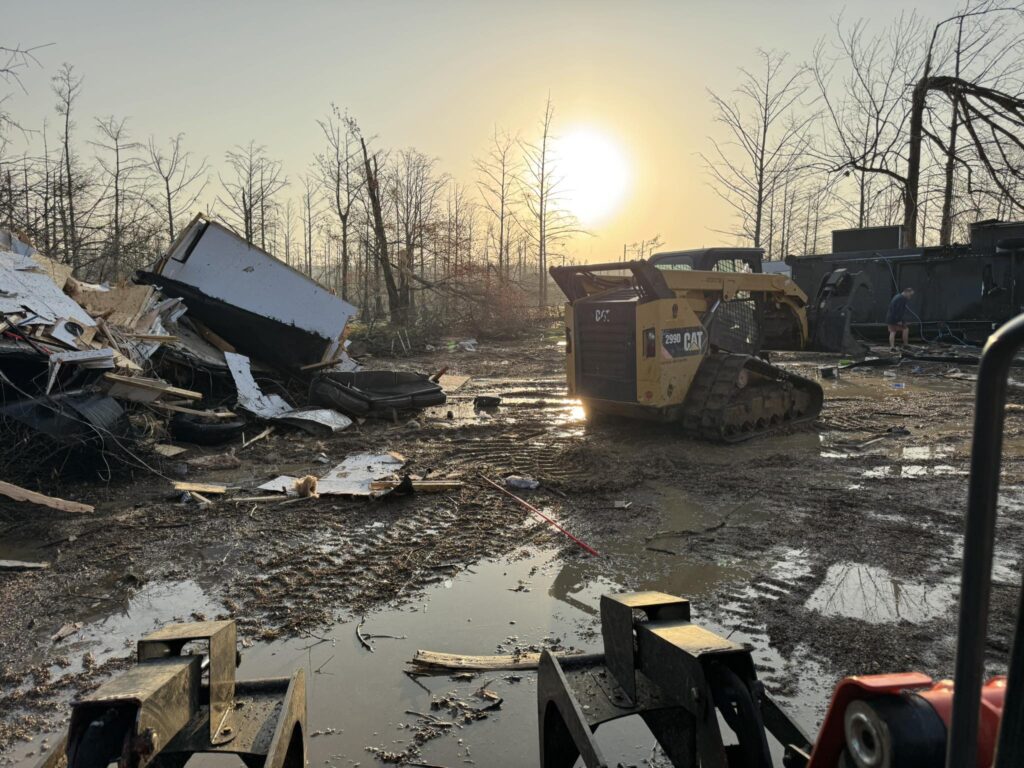
In the chaos of a natural disaster, seconds count. Roads flood, cell service fails, and GPS doesn’t always know the fastest—or safest—way to reach someone in need. That’s why one of the most overlooked yet powerful tools in any emergency response is local knowledge.
At Cajun Navy 2016, we’ve learned time and time again that knowing the land, the people, and the culture isn’t just helpful—it’s essential.
What Is Local Knowledge?
Local knowledge refers to the firsthand understanding of a community’s geography, infrastructure, culture, and communication patterns. It’s the kind of information that doesn’t show up on a map or in an emergency playbook. It comes from years of living in a place—knowing which roads wash out first, which bridges flood, which neighborhoods are most vulnerable, and who might be trapped without help.
In disaster zones, this kind of information saves lives.
Why Local Knowledge Matters in Disaster Response
🚧 Navigating Unmarked Hazards
Flooded back roads, washed-out bridges, downed trees—official maps can’t keep up with real-time conditions. Locals know the alternate routes and shortcuts that first responders may not.
🧓 Identifying At-Risk Residents
Community members often know who lives alone, who might have limited mobility, and who won’t ask for help. This makes outreach more targeted and effective.
📍 Speeding Up Response Time
When every second matters, local guides help response teams reach affected areas faster—sometimes before government resources can even mobilize.
📦 Distributing Aid Efficiently
It’s not just about getting supplies into an area. It’s about knowing where the needs are greatest, which shelters are open, and which communities have been overlooked.
Cajun Navy 2016: A Boots-on-the-Ground Approach
Our volunteer-based organization was born out of Louisiana communities responding to their own disasters. From our very first boat launches, we knew the power of local responders helping their neighbors.
We often rely on community scouts, volunteer liaisons, and neighborhood leaders who can give us up-to-the-minute intel that no drone or database can match. In many cases, it’s locals who are driving the boats, directing the volunteers, and guiding aid to the most urgent needs.
Real-World Impact
During Hurricane Laura, Cajun Navy 2016 was able to reach communities in southwest Louisiana that had been completely cut off from aid. Why? Because local volunteers knew a back road through the marsh that allowed our convoy to reach a church shelter with food, water, and supplies when no one else could.
In Kentucky, after severe flooding, it was a retired school bus driver who helped our team navigate through rural hollers and identify elderly residents who hadn’t been heard from in days. That knowledge saved lives—and time.
Partnering with Local Communities
Our model is simple: we don’t just bring help—we partner with the people already there. That’s how we make sure every response effort is smarter, faster, and more effective.
We believe every community has its own heroes. Our job is to support them, amplify their efforts, and connect them with the resources they need to serve their neighbors.
How You Can Support Local-Led Disaster Response
Want to help Cajun Navy 2016 make an impact on the ground? Here’s how:
Volunteer Your Local Insight
Know your community like the back of your hand? Sign up to be a local contact during future deployments. Your knowledge could save lives.
Donate to Support Boots-on-the-Ground Relief
Help us fuel boats, trucks, and supply runs that reach people faster thanks to local leads.
Make a Donation
Share Our Story
Help others understand why grassroots efforts matter in disaster zones. Share this post and follow us on social media.
Final Thoughts
Technology is amazing, but it doesn’t replace the wisdom of a community. At Cajun Navy 2016, we’ve built our entire mission around trust, teamwork, and local knowledge—because no one knows a town like the people who call it home.
When disaster strikes, it’s neighbors helping neighbors that brings hope through the storm.
Join us. Because local knowledge saves lives.